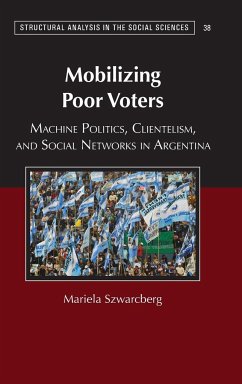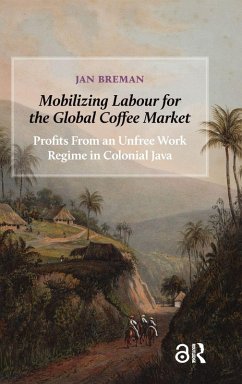
Mobilizing for Human Rights
Versandkostenfrei!
Versandfertig in 1-2 Wochen
102,99 €
inkl. MwSt.
Weitere Ausgaben:

PAYBACK Punkte
51 °P sammeln!
This volume argues that international human rights law has made a positive contribution to the realization of human rights in much of the world. Although governments sometimes ratify human rights treaties, gambling that they will experience little pressure to comply with them, this is not typically the case. Focusing on rights stakeholders rather than the United Nations or state pressure, Beth Simmons demonstrates through a combination of statistical analyses and case studies that the ratification of treaties leads to better rights practices on average. Simmons argues that international human ...
This volume argues that international human rights law has made a positive contribution to the realization of human rights in much of the world. Although governments sometimes ratify human rights treaties, gambling that they will experience little pressure to comply with them, this is not typically the case. Focusing on rights stakeholders rather than the United Nations or state pressure, Beth Simmons demonstrates through a combination of statistical analyses and case studies that the ratification of treaties leads to better rights practices on average. Simmons argues that international human rights law should get more practical and rhetorical support from the international community as a supplement to broader efforts to address conflict, development, and democratization.














